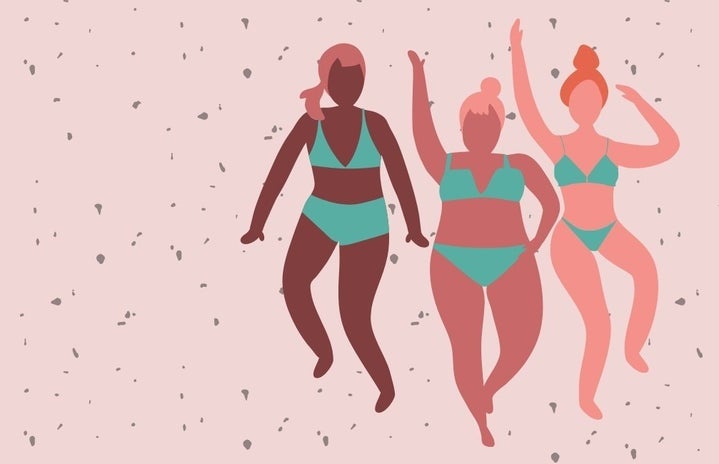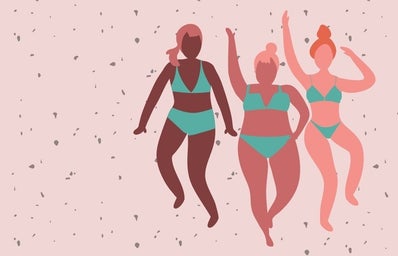Content warning: Discussion of eating disorders
The Body Project is back at Ryerson and I’m here to tell you all about it. In 2015, Ryerson introduced its partnership with the multinational Body Project Collaborative, a dissonance-based body acceptance program which encourages students to resist the societal and cultural pressures of what their bodies are expected to look like. The collaboration was short-lived but as of late October 2020, The Body Project RU is back and invites you to break down societal norms and learn to live with body confidence.
The Body Project RU
The Body Project RU is an inclusive group for anyone who wants to improve their relationship with their body, while connecting to others in the community. Though it is not a therapy group, The Body Project uses a series of research-based methods to help students understand their bodies, improve body satisfaction, reduce the use of unhealthy weight-control behaviours and decrease binge eating and other eating disorder symptoms, among other things.
This fall, The Body Project RU launched the Virtual Body Project Collaborative where students could register to partake in workshops held on Zoom. These workshops are described as cognitive dissonance-based body acceptance interventions designed to help young students resist the sociocultural pressures of conforming to the beauty ideal. According to the National Eating Disorders Association, this intervention can reduce the risk of eating disorders.
An article on Verywell Mind explains cognitive dissonance as the mental discomfort that results from holding two conflicting beliefs, values, or attitudes. This can make people feel uneasy, especially when the disparity between their beliefs and behaviors involves something that is crucial to their sense of self. For example, when one behaves in a way that they know can be harmful to them but do it anyway, they may experience intense feelings of discomfort. Cognitive dissonance can influence how people feel about and view themselves, which causes low self-esteem and self-worth, as stated in Verywell Mind.
The effects of low body confidence
None of us are immune to body image issues. It affects everyone and I mean everyone; men, women, BIPOC and transgender, genderqueer and non-binary people of all sizes. Though most of us know the importance and benefits of respecting and appreciating our body the way it is, the reality is most people, regardless of their age or appearance, experience poor body image or have a body image disorder at some point in their lives. Higher body dissatisfaction is associated with a poorer quality of life, psychological distress and the risk of unhealthy eating behaviours and eating disorders.
There is this societal belief that if you achieve the “ideal” body type, then you will live a much happier life. We see this in movies, magazines (if anyone still buys those) and most regularly on the all-consuming social media. But the truth is, people who live by this notion are more likely to experience body image issues, as it will soon be revealed to them that these ideals are largely unachievable. Therefore, it is important for us to come together and challenge these unrealistic societal and cultural pressures, and love our bodies the way they are.



